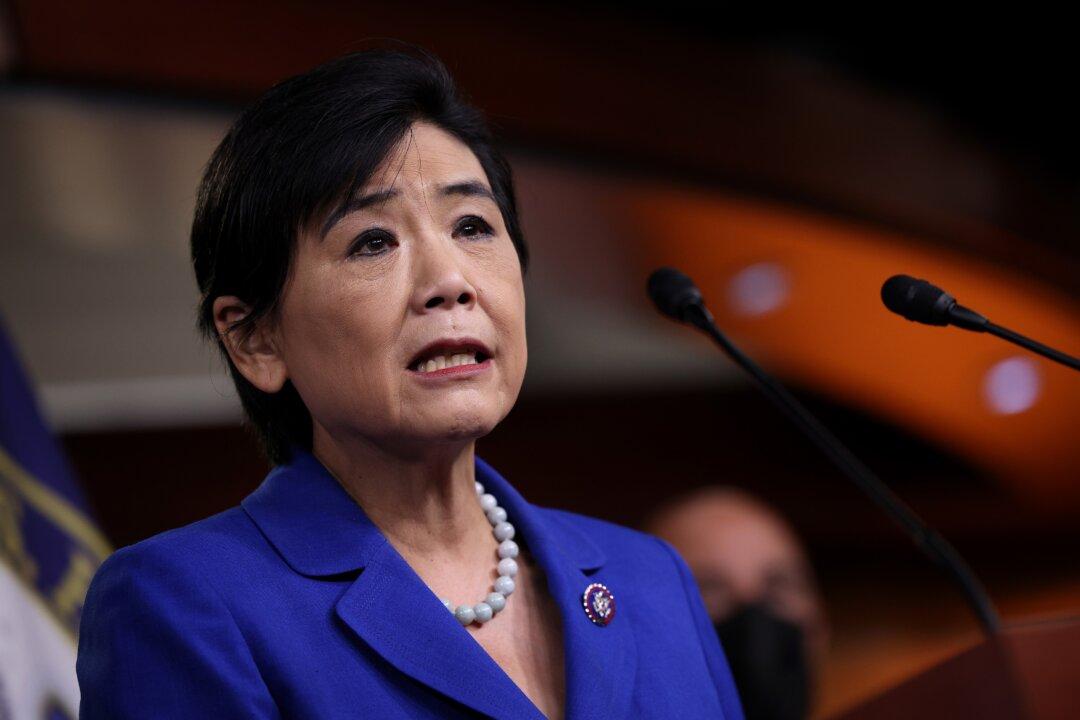The House of Representatives approved a bill on Sept. 24 that, if the Senate follows suit and the measure is signed into law, would bar states from restricting abortions.
The House voted mostly along party lines to approve H.R. 3755, also known as the Women’s Health Protection Act of 2021. All Democrats voted yes on the measure, with the exception of Rep. Henry Cuellar (D-Texas), who voted no, and one other Democrat who didn’t vote.





